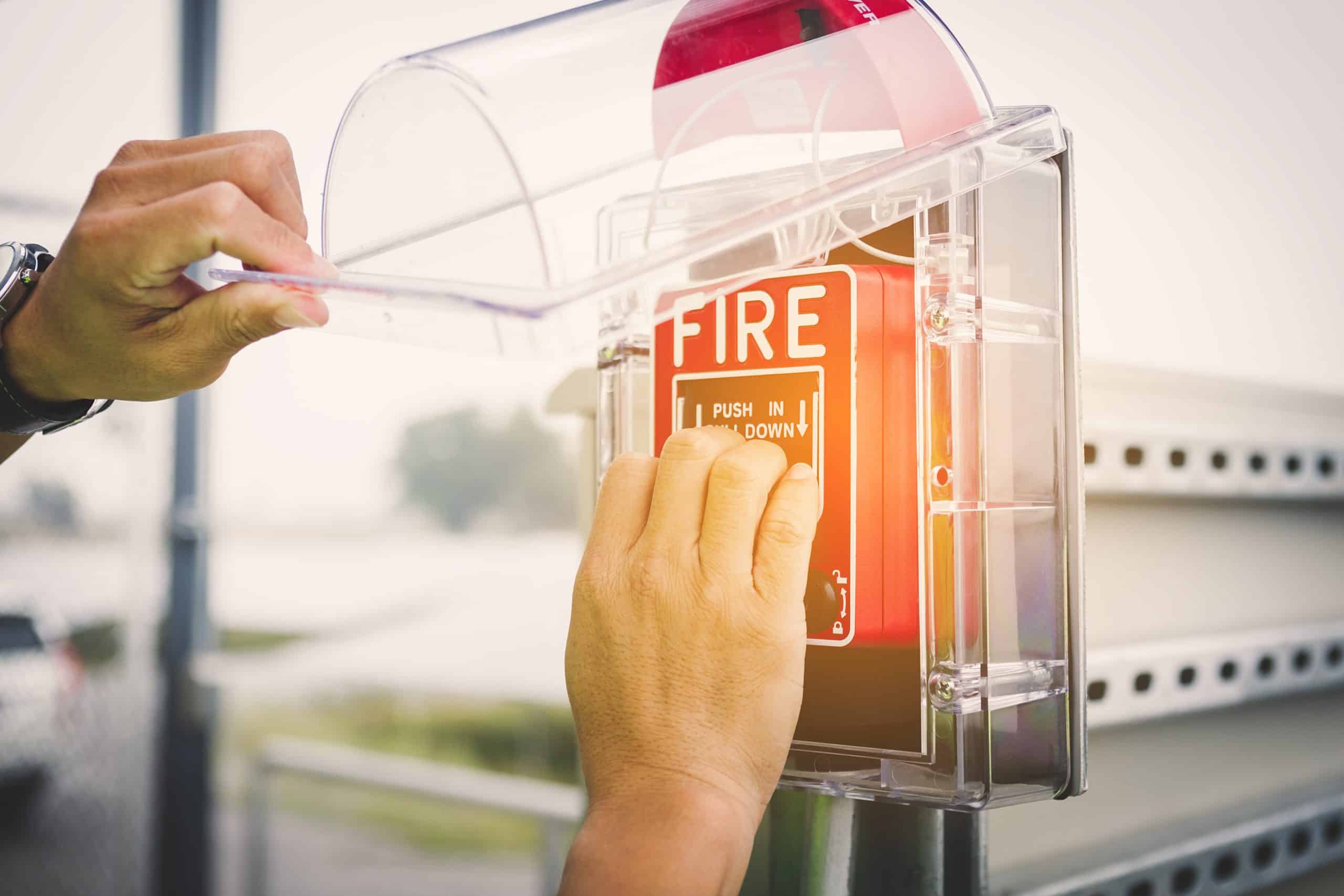Whether you are building a multi-level independent care facility or just renovating a tenant space for a new hot yoga studio, the odds are that you will be required to install a life safety system before you can get your certificate of occupancy. But how do you determine what will be required and what options are available to you? Fire alarm systems are not a one-size-fits-all solution and can often seem intimidating and very confusing, so I would like to take a moment to address some conventional questions regarding the options that may be available to you on your quest for code-compliance.
Not unlike vehicles, fire alarm systems come in a wide variety of makes, models and types. Choosing a manufacturer may require a few test-drives and doing a bit of shopping around, but most fire alarm manufacturers offer the same three tiers of life-safety system solutions. The first and usually most cost-effective of these are what is generally referred to as “conventional” fire alarm systems. Before the onset of the digital era, all fire alarm systems were conventional, which means that they were comprised of a series of circuits or “zones” in which initiating devices were wired in parallel and for most small applications, these are still a viable option. These conventional systems are harder to diagnose trouble conditions when they arise but will typically work with a wide array of device manufacturers. For that reason, you may see devices from multiple manufacturers on the same system and can shop for the most affordable replacements parts when needed.
 Express-Tek is an Authorized Dealer of Fire-Lite Alarms by Honeywell
Express-Tek is an Authorized Dealer of Fire-Lite Alarms by Honeywell
The second tier breaks into the digital realm with intelligent or “addressable” fire alarm systems. These systems are comprised of “intelligent” devices that communicate data back to the fire alarm panel, which then process the data for display on an annunciator, which may be at the fire panel itself or in a remote location. The annunciator will display the status of the fire alarm system and when a trouble, alarm or supervisory condition is present, will output that information for display on an LCD screen. These systems are beneficial for pinpointing the exact location of an event since each device in the system has a digital “address”, which will also include a programmed description of the device’s location in the building. These systems are more expensive than conventional systems, but are usually preferred by local authorities as they are able to transmit alarm data more effectively to first responders, which can mean the difference between life and death in larger facilities where locating the source of a fire may not be as easy.
There are a number of manufacturers who offer a non-proprietary line of intelligent fire alarm systems but the drawback is they are generally limited to a smaller range of devices and do not always offer enterprise-level functionality such as networking of multiple fire alarm panels together or integration with smoke control and other ancillary systems. Nevertheless, the popularity of non-proprietary systems has risen over the years as it means that a system owner is not “locked in” to using one specific dealer for parts or service. For this reason, a non-proprietary intelligent system may be the fit you are looking for.
Last, we have the final tier of fire alarm systems, which is comprised of enterprise-level flagship systems. These systems feature a high-level of integration, sometimes being able to transmit intelligent data to other building systems. Enterprise class systems are ideal for large facilities which require customized responses to alarm conditions, such as hospitals, schools and hi-rise buildings. These are the least cost-effective option and usually will require in-depth site surveys to get an accurate estimate of cost. However, if you need a very specialized and integrated fire alarm system that incorporates voice evacuation, smoke control, and building-management-system integration, this may be the route for you.
So how do you determine what your specific life safety needs will be for your construction project? If you already have a general contractor selected for your project, they may already have a working relationship with an electrical contractor or low-voltage contractor like Express Technologies. If not, feel free to give us a call and we would be happy to assess your unique project and help determine what level of life safety system may be required in order to meet code requirements while staying within your budget. We can help you pick from a variety of conventional and non-proprietary intelligent systems that may fit your needs better than a larger and more costly enterprise-level system. If you do require a fully integrated high-level system, we would be happy to help as well and have a good working relationship with several distributers who can offer flagship products at a reasonable price.
I hope this has helped to enlighten, educate, and clear the smoke surrounding the often complex and disorienting world of fire alarm systems.

